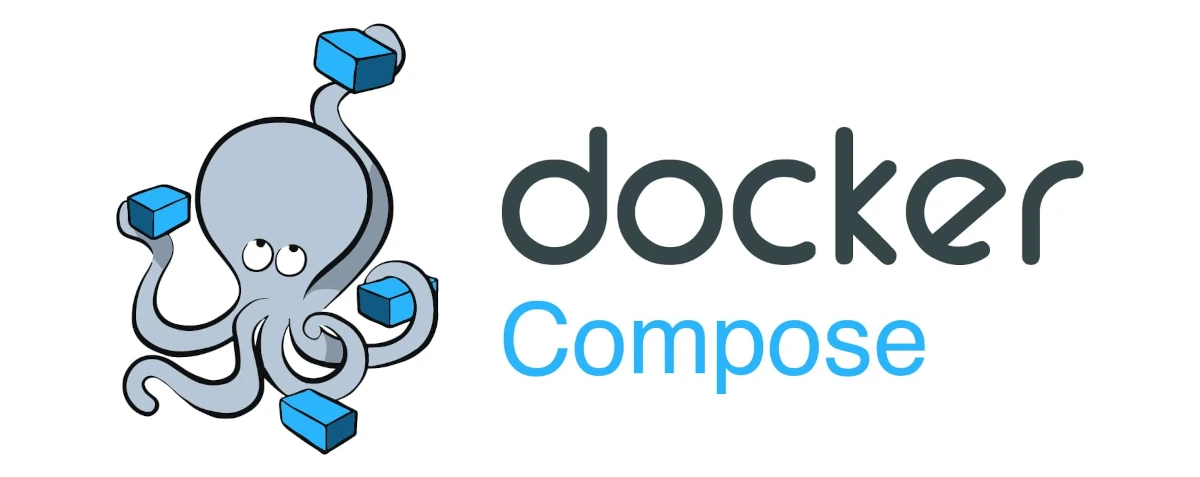
Author Marko Krstic
Using Docker Compose in Production? Yes or No?
There's this weird myth going around: "Docker Compose is only for development."
It's like people assume that as soon as your app hits production, you must throw away Compose and move to Kubernetes or some huge orchestration system. I used to think that too. But after deploying a few real-world apps with compose and keeping them running just fine, I've changed my mind.
Why Even Consider Docker Compose in Production?
Let's be real: not every project needs Kubernetes.
If you're running a small-to-medium-sized app, maybe a few services, a database, and a queue, then spinning up a K8s cluster just to be “enterprise” is overkill. Sometimes, you just need:
- Fast deployments
- Simple networking
- Easy-to-read service definitions
That's exactly where Docker Compose shines. You define your services in a docker-compose.yml, run a single command, and boom, everything is up.
You can version control your infrastructure, replicate environments, and deploy faster than explaining Helm charts to a junior dev
When Is It Okay to Use Docker Compose in Production?
Docker Compose can be a solid choice in production when:
- You control your infrastructure (e.g., VPS, bare metal, small cloud setups)
- Your app isn't too massive
- You don't need dynamic scaling or service discovery
- Your deployment process is simple and predictable
- You want to keep things understandable for the whole team
Actually, plenty of small teams and solo developers run their live apps and services using Docker Compose. It gets the job done without extra hassle.
When Compose Might Not Be Enough
While Docker Compose is great for many cases, it's not the perfect fit for every single production scenario out there.
For example, if your app needs:
- Auto-scaling
- Complex networking
- Rolling updates with zero downtime
- Multi-node orchestration
... then Compose might not cut it. That's when you should consider tools like Kubernetes or Nomad, but if you want something closer to Docker Compose in terms of simplicity and workflow, Docker Swarm is usually the best next step.
Using Docker Compose in Production: More Than Just Simplicity
One of the biggest advantages of using Docker Compose in production is how straightforward it makes managing multi-container applications. Instead of juggling dozens of commands or configuring complex orchestration tools, you keep everything declarative and version-controlled in a single docker-compose.yml file. This means your entire environment — from databases to web servers and caches — can be spun up or updated with a single command.
This simplicity translates into faster deployments and easier troubleshooting. When something goes wrong, you're not overwhelmed by layers of abstraction or unfamiliar tools. You know exactly where your containers are, what services they run, and how they connect.
That said, running Compose in production requires discipline. Keeping your Compose files clean, managing environment variables securely, and ensuring proper backup and recovery strategies are all part of making it production-ready. It's not just about convenience — it's about building reliability through simplicity.
Important Considerations for Using Docker Compose in Production
When running Docker Compose in production, there are a few critical things to keep in mind to ensure your applications remain stable and reliable.
First, if you're containerizing databases or any stateful services, it's essential to properly mount volumes so data persists even if containers are restarted or recreated. Without persistent storage, you risk losing valuable data during updates or crashes.
Next, managing environment variables securely is a must. Avoid hardcoding secrets in your Compose files; instead, use environment files or secret management tools to keep sensitive information safe.
Also, monitor resource usage carefully. Containers running out of memory or CPU can cause unexpected downtime. Setting resource limits and regularly checking container health helps prevent these issues.
Networking is another area to pay attention to. Define clear network boundaries and avoid exposing sensitive services unnecessarily. Properly configure firewalls and use Docker's network features to isolate and protect your applications.
Finally, logs and metrics are vital for troubleshooting and maintaining visibility into your production environment. There are several ways to handle docker centralized logging, but, for example, using a lightweight agent like DockStats can be a straightforward solution to gather logs and metrics from all your containers in one place.
Final Thoughts
If you're building a massive platform that needs dynamic scaling, go with Kubernetes.
But if you're launching a SaaS, MVP, dashboard, internal tool, something manageable, then Docker Compose in production is totally fine.
Docker Compose may not be cool in the age of Kubernetes everything, but it gets the job done, and sometimes, that's all you need.
So go ahead. Ship it. And keep an eye on it.
Happy deploying! 🐳
